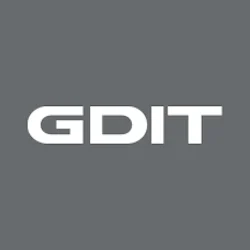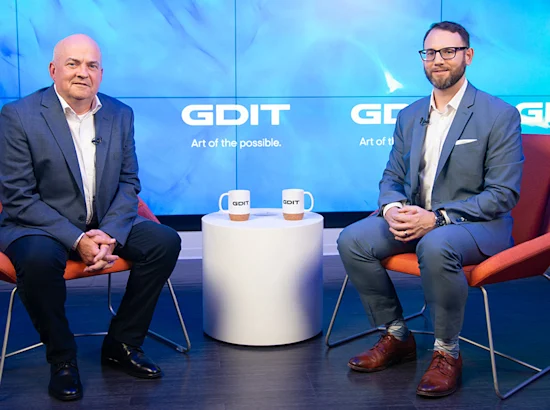For agencies, the very best data center partners see themselves as stakeholders to the agency’s growth. They are true thought partners to whom the customer can turn to for innovative collaboration, to shape requirements, and to help facilitate technology adoption. These kind of partners build relationships, earn trust and are deeply rooted in the mission and the operations of the agency.
That’s how we approach data center management at GDIT. And, after having spent more than a dozen years doing exactly this for a key customer, I’m glad to take the opportunity to share five data center management best practices that have nothing to do with technology.
Why? Because with these best practices at play, you can do more than you ever imagined on the technology side, and have a tremendously positive impact on the strategic management of an agency’s informational assets.
Listen.
It sounds simple because it is. It’s also easy to do poorly. It’s essential to really listen to your customers and understand the problems they’re looking to solve. Understand the vision as it changes from leader to leader or from director to director. Listen to what your customer is focused on. Understand what they’re intentionally not focused on and why, and understand what they’re not yet focused on, and why. Then, act accordingly.
Read the Room.
Regardless of the space you’re in, good mission partners know how to read the room. They’re sensitive to culture shifts in the organization and to the external pressures – be they regulatory, environmental or financial – that are top of mind for them. With that knowledge, partners will know best when to propose solutions and how, and how to do so in a way that best guarantees their adoption.
Be Flexible.
Similarly, good data center partners are flexible. They move at the customer’s pace. They flex and contract as the customer needs them to. They understand that there are multi-dimensional IT needs at place in large, enterprise organizations and they accommodate the customer and the mission no matter what.
Build Industry Relationships.
And use them. Create trusted and collaborative relationships with industry partners and create a technology ecosystem in service of your customer. Work as a team to advance their mission and goals and bring together the right people with the right expertise who share your sincere commitment to getting the job done.
Scout the Space.
Use conferences and events as one of several ways to reach new people, make new connections and interact with new technology. As an example, when object storage moved from on-prem S8 into the intelligence community, we were able to quickly develop roadmaps that evolved with the mission need because we were in the know about it early.
Data centers can sometimes be viewed as a commodity. As technology changes and evolves, swapping in new technology for the old seems like a transactional exercise. But good data center partners are collaborators with a sincere interest in an agency’s growth and mission delivery.
This is the mindset enabled us to help our client achieve more than $38 million in cost savings. We worked with them on a migration plan to S3 cloud storage that avoided additional costs from power, space and cooling. We helped them visualize a more efficient data center and how to do more with less. We listened and understood their information lifecycle and were able to insert a flexible maintenance and procurement plan that worked for them.
Technology played a supporting role in that success. It happened because we understood the customer, we understood their challenges and their environment, we were up to speed on the technologies that could help solve problems for them and we were flexible in its implementation.
This is what we mean when we say that some of the most important data center best practices actually have nothing to do with technology.






